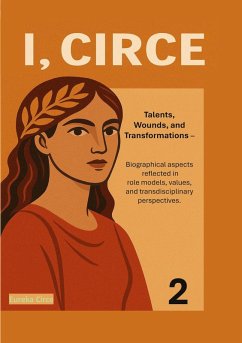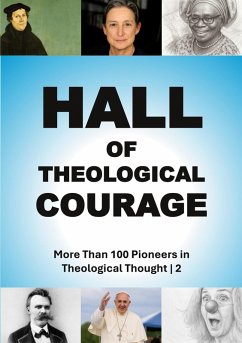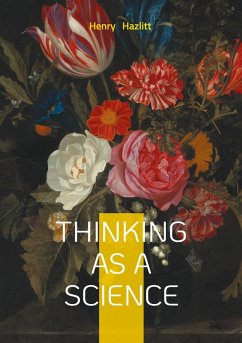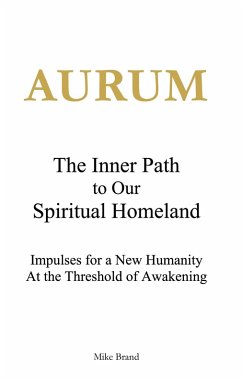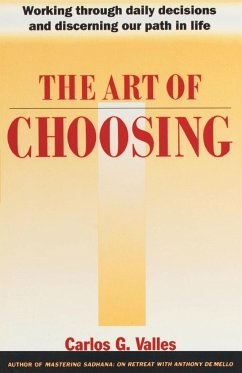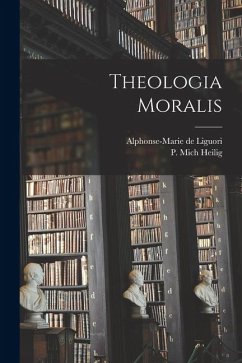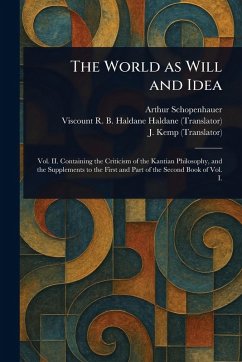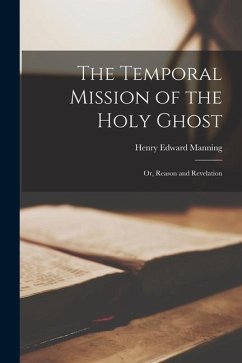
I, Circe The Brilliant Idea of Theology - Theologia Dialogica
Best of Circe (Talents, Wounds, and Transformations)
Herausgeber: Circe, Eureka
Versandkostenfrei!
Versandfertig in 1-2 Wochen
16,50 €
inkl. MwSt.

PAYBACK Punkte
0 °P sammeln!
Best of Circe - Talents, Wounds, Transformations From Homer's island of Aiaia to the ethics of the 21st century, this "Best of" volume gathers the most resonant essays from the three-volume "I, Circe" project. Drawing theology into living dialogue with philosophy, sociology, social-psychology, psychology, history - and contemporary artificial intelligence - it proposes an ethics that does not end with prohibition but begins with transformation. At the center stands Circe: goddess, heroine, sorceress, and wounded healer. As female archetype - Great Mother and Sophia - she becomes a guide for sp...
Best of Circe - Talents, Wounds, Transformations From Homer's island of Aiaia to the ethics of the 21st century, this "Best of" volume gathers the most resonant essays from the three-volume "I, Circe" project. Drawing theology into living dialogue with philosophy, sociology, social-psychology, psychology, history - and contemporary artificial intelligence - it proposes an ethics that does not end with prohibition but begins with transformation. At the center stands Circe: goddess, heroine, sorceress, and wounded healer. As female archetype - Great Mother and Sophia - she becomes a guide for spiritual maturation in solitude, for reconciliation with evil, and for the integration of light and shadow. Love is treated as the forge of the inner cosmos; hospitality as a religious ethic; growth as a disciplined framework that honors human limits. The selection spans foundational principles and public practice. Readers will encounter re-readings of the commandments as more-than-ten guiding principles; reflections on ordinatio fructifera, the "dumbbell principle" of theology, gratia evanescens, macro-metanoia, and a mercy index; and concrete fields of application - from care work and gender justice to policy design, institutional culture, ecological conversion, a learning church, and dialogical theology. Each essay links micro (personal identity and existential questions), meso (social dynamics and community), and macro (societal structures and institutions), showing how ideals are forged both in biography and in conflict. Between talent and vulnerability, power and compassion, seduction and responsibility, this distilled companion offers a clear map of transformation - for scholars, practitioners, and curious readers who seek viable narratives and practical compasses for a pluralistic society. What changes when AI reads theology through Circe? These pages offer a timely, careful, well-reasoned, and humane answer.



